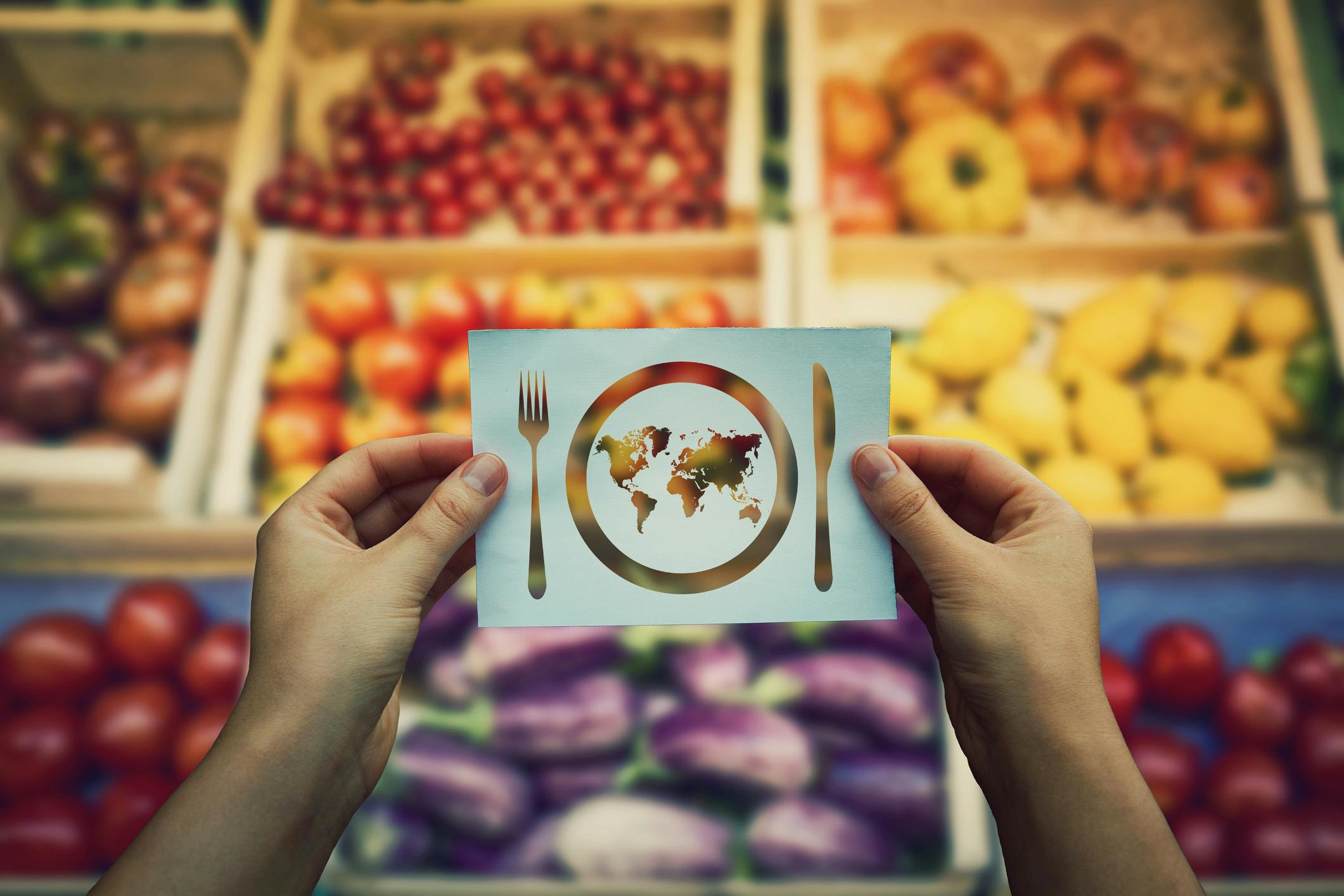
For International F&B Brands, U.S.-Based Marketing Agencies Are the Best Bet
By Robert BarlettaInternational food and beverage brands have built strong reputations for quality, authenticity, and tradition. From leading olive oils and wines to artisanal chocolates and specialty snacks, these products captivate global audiences. However, as these companies seek to expand their reach in the highly competitive American market, partnering with U.S.-based marketing agencies offers a strategic advantage that far outweighs working with agencies in their home countries.
First and foremost, U.S.-based marketing agencies possess an in-depth understanding of the American consumer landscape. They excel at identifying local tastes, purchasing behaviors, and cultural nuances. While international companies might emphasize their heritage and craftsmanship, a U.S. agency can adapt—and “translate,” in some cases—those messages to align with American preferences, such as taste, sustainability, health consciousness, or convenience. This localization ensures that marketing campaigns feel relevant, authentic, and engaging, building stronger connections with local consumers.
Additionally, U.S.-based agencies are often more attuned to the latest trends in advertising, technology, and modern culture. From social media and influencer marketing to SEO-driven strategies and targeted digital advertising, these agencies have the expertise to execute cutting-edge campaigns tailored to American audiences. Agencies based in the brand’s home country, while skilled, may lack exposure to the rapidly evolving dynamics of the U.S. market. For example, platforms like X (formerly Twitter) and TikTok are far more prevalent and influential in the United States than in many other regions, a critical distinction for marketing success.
Logistical benefits are another important factor. Partnering with a U.S.-based agency eliminates challenges such as time zone differences, language barriers, and cultural misalignments. These agencies offer seamless communication, faster response times, and greater agility in reacting to market trends or consumer feedback. This is especially critical for product launches or seasonal campaigns, where precise timing is key. Even tools like Google Translate still require verification and careful review to avoid costly errors.
Furthermore, U.S. marketing agencies often have established relationships with local media, influencers, and industry leaders. These networks can unlock promotional opportunities and brand partnerships that may be difficult to secure from abroad. For international food and beverage companies, this access can be transformative in breaking through the noise of a crowded market.
While agencies in a company’s home country may excel at maintaining cultural authenticity, U.S.-based marketing agencies provide the expertise, tools, and connections necessary to navigate the complexities of the American market. By partnering with U.S. professionals, international food and beverage companies can ensure their products resonate deeply with U.S. consumers, achieving both authenticity and commercial success.